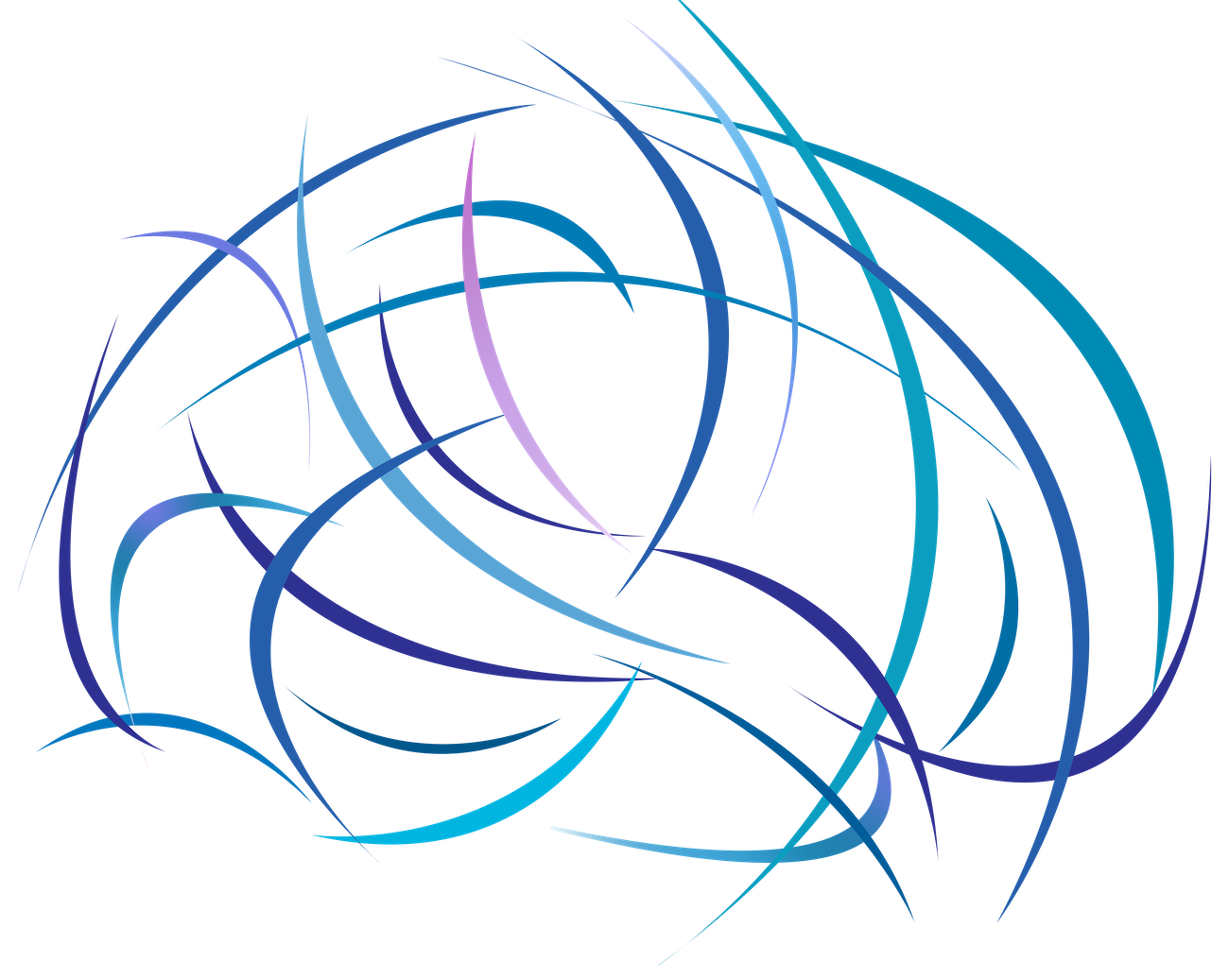Title
Scalar reward signals for vectorial, multi-component choice options in monkey
orbitofrontal cortex
Bio
Wolfram Schultz is a graduate in medicine from the University of Heidelberg. After postdoctoral stays in Germany, USA and Sweden, and a faculty position in Switzerland, he works currently at the University of Cambridge. He combines behavioural, neurophysiological and neuroimaging techniques to investigate the neural mechanisms of learning, goal-directed behaviour and economic decision making. He uses behavioural concepts from animal learning theory and economic decision theories to study the neurophysiology and neuroimaging of reward and risk in individual neurons and in specific brain regions, including the dopamine system, striatum, orbitofrontal cortex and amygdala.
Abstract
“Rewards contain multiple components. The question arises how such vectorial rewards are represented by single-dimensional, scalar neuronal signals that are suitable for economic decision-making. Revealed Preference Theory provides formalisms for investigating choices between such vectorial rewards in a well-structured manner, including convenient graphs. During stochastic choice between multi-component rewards containing the same two juice components with different quantities, we identified neuronal signals for vectorial, multi-component rewards in the orbitofrontal cortex (OFC) of monkeys. A scalar signal integrated the values from all reward components in the structured manner of the Theory. The signal followed the behavioral indifference curves within their confidence limits, was indistinguishable between differently composed but equally preferred rewards, predicted choice, demonstrated reward-specific satiety, and complied with an optimality axiom. Further, distinct signals in specific OFC neurons coded the reward components separately but followed indifference curves as a population. These data demonstrate how scalar neural signals can represent vectorial, multi-component rewards.”






